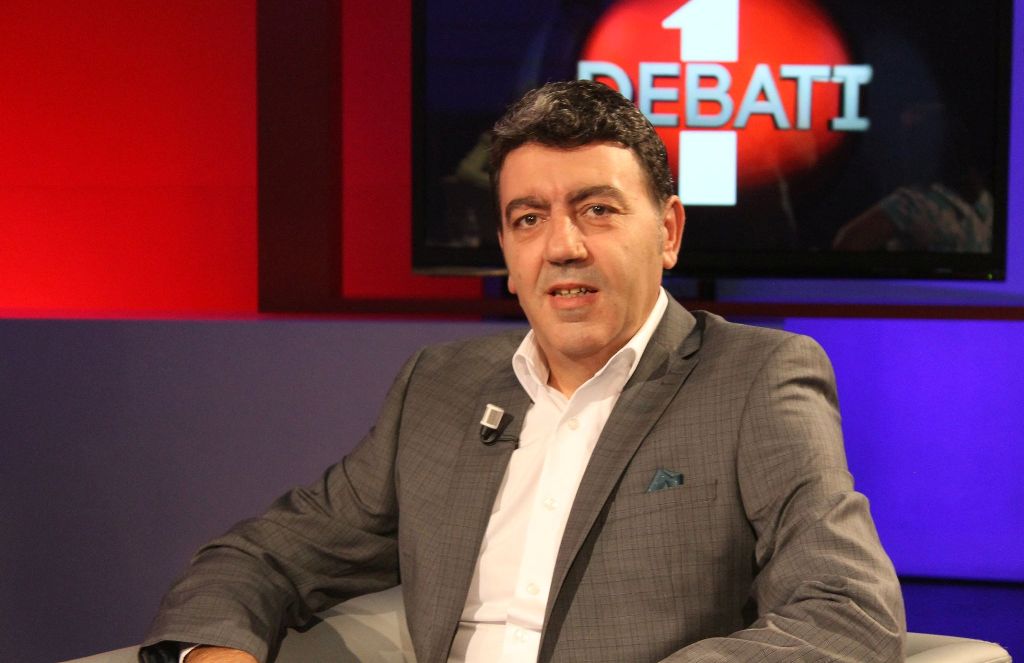
By Plator Nesturi
It’s been almost 20 years since the time when Albania started to leave behind international aid for bread, that we often see the holding of meetings and seminars with foreign investors. The calls made by different prime ministers to invest in Albania, announcing the concessions that are granted to foreigners in the domestic market, do not seem to have changed the situation. Serious investors are still far from this corner of the Balkans. The current Prime Minister of the country has not seemed to have escaped this drama either through his incentives to support foreign investors or by declaring in the visits that he holds in neighboring countries that trade and commercial relations will see a growth and that their investments may grow to billions.
Foreign investments have remained at a level of the privatization of state assets, but in terms of other free incentives, foreign capital is almost insignificant. According to our specialists, the reasons behind this situation mostly relate to the lack of domestic stability, corruption and flaws in the legislation regarding the protection of the interests of foreigners or the fact that we’re a small market, not yet consolidated.
The true reason was clearly revealed to us by the delegation of German investors a while ago and also by other investors who sometimes turn their sight to us and who cannot invest in Albania unless the problem with land titles is solved. These sorts of declarations remind us that we have entered the path of the market economy with the paranoia of Ottoman mentality, where the central government controlled everything along with the distribution of wealth and land. Meanwhile, we forget that one of the main obligations imposed by the international community to our country for its EU accession, is, besides free elections, functional justice and fight against corruption, the solution of the issue of land titles.
So far, our political class has remained hidden not daring to see this problem in the eye, while for the public opinion, this issue comes up every time residents clash with construction companies for some tourist village, which has received the blessing of the government on the coastline, when the government remembers that the bill for the legalization law regarding occupied properties will be paid by honest citizens or every time Albanian former property owners win their cases in the Court of Strasbourg.
While we refer to the right of property, as a right which has been breached, the abuses that have been made with it and the consequences that this situation has had on economic development, has often acted as a source of conflict. In reality, the origins of property seen in its evolution, act as the basis for the real estate market and the investments made on it.
But how much do Albanians know on the origins of properties? As part of the Ottoman Empire, everything, agricultural land, valleys, forests and mountains had only one owner: the Sultan. The system of “timars”, which was used until the half of the 19th century, rewarded the military cast with properties. The military cast collected taxes and offered a particular number of soldiers for the war, but these properties could not be inherited. Following the reform of Tanzimat, the Ottoman system sees significant changes, introducing more modern rules. Instead of the “timaris”, the empire introduces cadastral offices that registered everything for the purpose of calculating tax.
Although the Sultan was still the supreme owner, this period marked the start of the market economy relations, purchase of properties, etc. The 1858 law on land, stipulated these new relations and was valid not only during the existence of the empire, but it also served in the first few years of the Albanian state. It can even be said that from the proclamation of independence in 1912 until 1921-22, the legal basis and market relations continued based on the Turkish legislation and documents were still drafted in Arab. It’s interesting to see how the transfer of the right of property ownership from the empire to the new Albanian state was made smoothly and without any serious trauma. But this cannot be said today, at a time when even though we have inherited the same state, the transfer from one system to another has had so many consequences for Albanians and their right of property ownership.
During the ‘20s and the monarchy period, Albanian authorities continued in the same path in registering state owned property and privately owned property. The documents of that period in our archives are the best example of the way a state functions and surprisingly enough, 70 years later, they continue to act as the main document which proves property ownership. After this period, history is better known to us. The installation of the communist regime, accompanied with nationalizations, agrarian reform and the collectivization of land, brought that great deformation that not only stripped Albanians from the right of property, but also traumatized economic development and the market. The issue being discussed today is why is a solution on the issue of properties still hasn’t been found even after 27 years of transition? It looks as of Albania has just come out of the year zero and the history of properties in it is being dictated by property abusers and those who are unlawfully occupying lands around cities and on the coast. The problem is: how much longer shall we continue on this path and what will be the cost of the loss of development perspective?
The republication of this article is strictly forbidden without a written permission from the Albanian Free Press newsroom
Note: The stances expressed in the Opinion section do not necessarily represent the editorial line of Albanian Free Press




